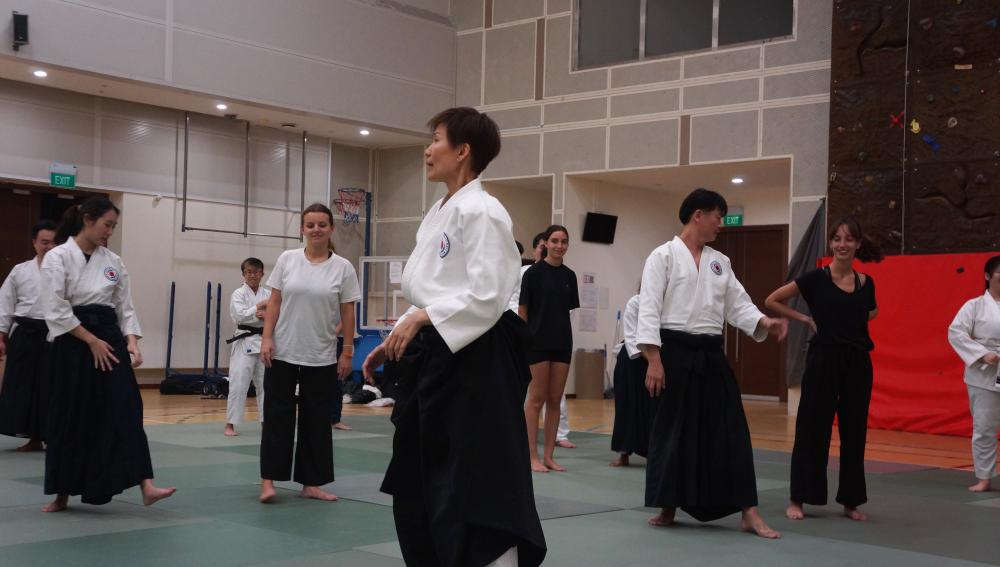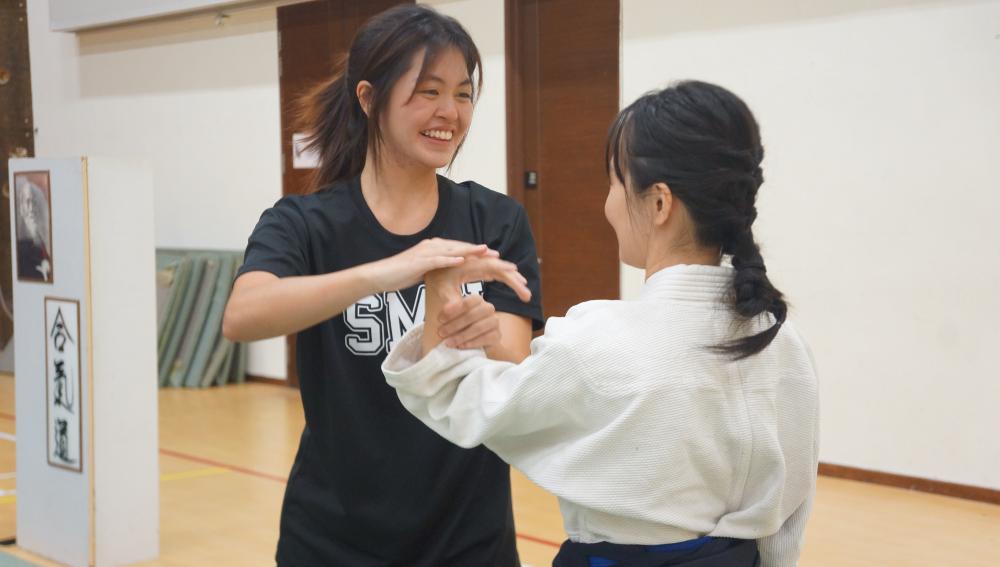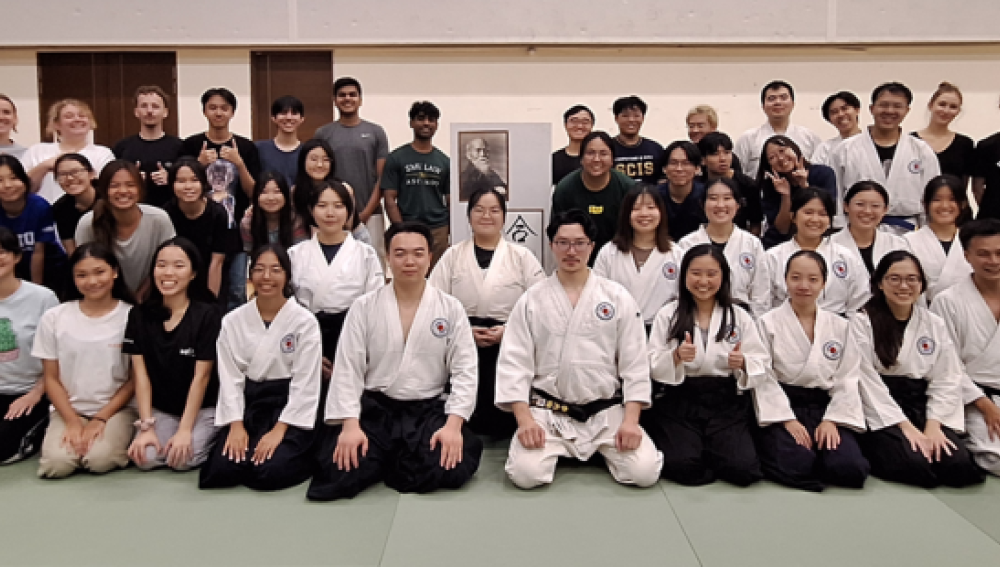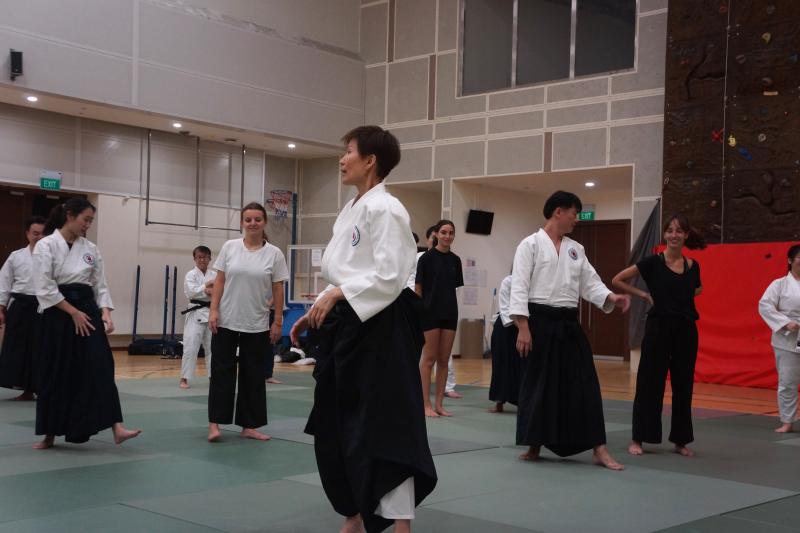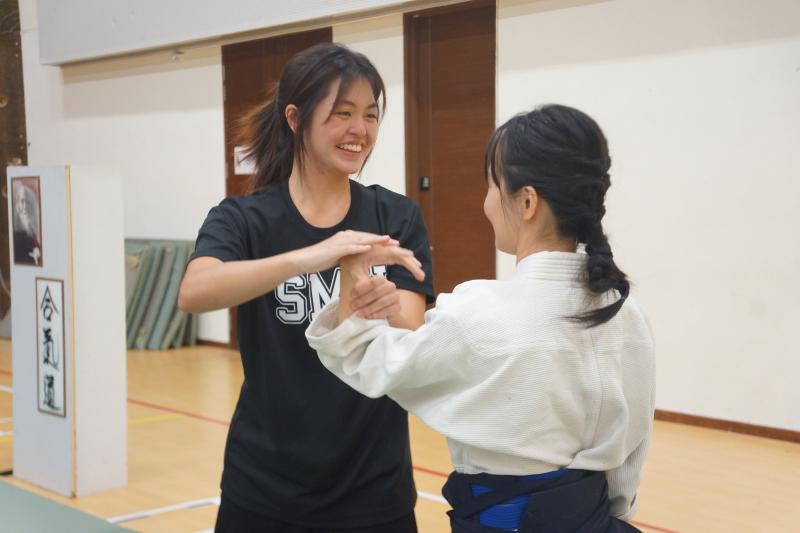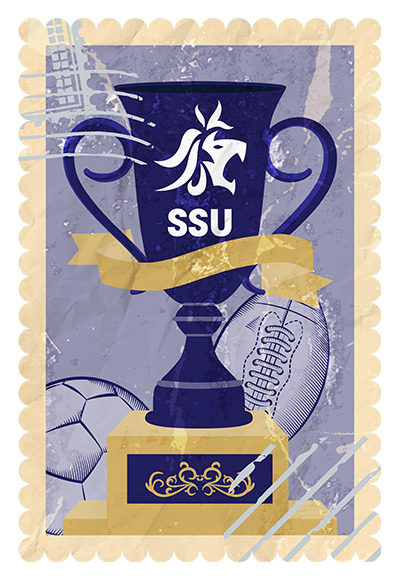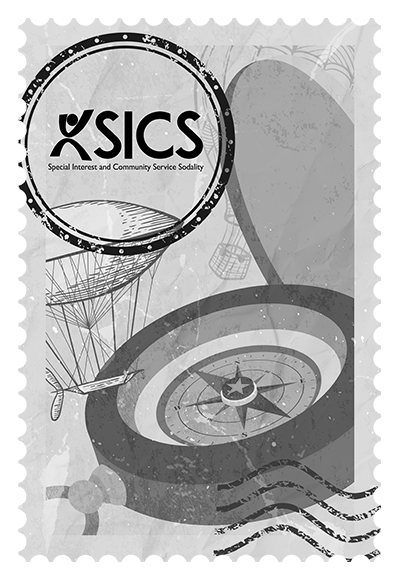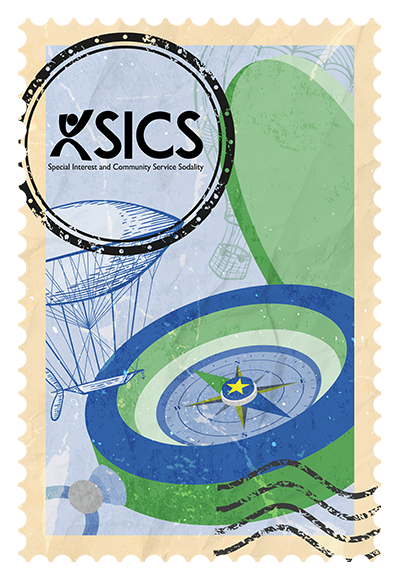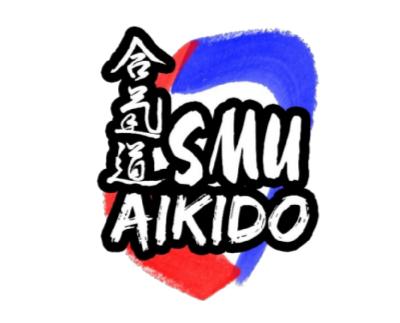
ABOUT US
Aikido, also known as ‘the way of harmony’, is a Japanese martial art that focuses on blending with an attacker’s movements to redirect their energy back to them. One applies aiki by understanding the rhythm and intent of the attacker to find the optimum position and time to apply a counter-technique. With the focus on the coordination of mind, body and spirit, one develops ki energy through practice and is able to execute techniques beyond one’s physical strength.
As a member, you can expect to learn useful self-defence techniques, and have friendly seniors and alumni to guide you along the way. You will also develop martial arts discipline and respect for your other club members. Most importantly, you will gain a community of friends through SMU Aikido, and bond with them through our various club cohesion events and alumni nights held throughout the year.
KEY EVENTS
- Alumni Networking Event - SMU Aikido's Alumni Networking Event is designed to foster meaningful connections between current members and the club's esteemed alumni. In addition to strengthening the bond between members and alumni, this event also provides a unique opportunity for club members to learn more about the alumni's professional journeys. Through engaging conversations and shared experiences, members can deepen their understanding of various industries and expand their personal and professional networks.
- Corporate Networking Event - SMU Aikido's Corporate Networking Event serves as a dynamic platform for our members and the broader SMU undergraduate community to engage directly with industry professionals. Through this event, participants will have the chance to learn from seasoned experts, explore diverse career opportunities, and gain access to potential internships or graduate roles.
- Christmas Cohesion - Aimed at ending our Aikidokas' year merrily and with cheer, this event is filled with fun activities and snacks. Taking place in December, SMU Aikido's Christmas Cohesion is an annual event that fosters SMU Aikido's club spirit and strengthens the cohesion between current members and the club's esteemed alumni. It is the perfect opportunity for members to unwind, connect, and create lasting memories.
- Halloween Horror - From murder mysteries to movie screenings, Halloween Horror Night sets a light-hearted atmosphere for members and alumni to bond over the Halloween occasion. Taking place in October, SMU Aikido's Halloween Horror is an annual event that brings club members together for a night of thrills and fun.
REACH OUT TO US
GALLERY
OUR TRAINING
| Day | Fridays |
| Time | 8:00 pm to 10:00 pm |
| Venue | SMU Multi-Purpose Sports Hall |
OUR ACCOMPLISHMENTS
- Youth Aikido Meet (2019)
4th Place
OUR PEOPLE IN ACTION
HOW TO JOIN THE CLUB?
No audition or selection process is required. Our club believes that everyone should have the opportunity to learn self-defense and as such all are welcome to join.
“To me, Aikido is a non-exhaustive sport that promotes health while improving self-defence techniques. Despite it being a martial art, every training possesses a zen-like vibe which is particularly pleasant on a Friday night. Members often build long-lasting relationships with the club and end up coming back as alumni.”
- Marcus Goh, 2021 SMU Aikido President
“Personally, Aikido was a real eye-opening experience. All the misconceptions that I previously held towards martial arts were dispelled after my first clinic session. Aikido was not the injury-inducing sport I imagined. Training is beginner-friendly and our Sensei and senior members have been very patient in guiding us.”
- Lim Li Yao, 2021 SMU Aikido Vice President
FAQ
We are partnered with an external dojo, Aikido Shinju-Kai, that provides Senseis with high levels of expertise to come and teach in SMU Aikido.
When a new member starts practising Aikido, they start off as white belts and advance to higher belt levels (e.g. blue, brown, black) through passing their belt gradings. Gradings are conducted by Aikido Shinju-Kai quarterly, usually in March, June, September and December. At each grading, students are expected to be able to execute a specified set of Aikido techniques in order to pass. Students must attend a specified number of training sessions before being able to apply for grading.
In Aikido, new members begin by learning “ukemi” or break-falls in order to protect themselves from injury when they are executing Aikido techniques. Before every training, we begin with a dynamic warmup routine to minimise the chance of injuries during training. In addition, when we practise joint locks with a partner, our partner stops the lock once we ‘tap’ out. We also have at least 1 First-Aider present during every training to assist in the event of any emergencies.
Aikido is just as effective as other martial arts in terms of self-defence. Aikido techniques are based on body mechanics and joint locks, which rely on a minimal amount of strength to execute effectively. Military combat systems such as Krav Maga, Systema include techniques that are based on Aikido. Overall, Aikido itself is effective for self-defence because it is an art that anyone of any physical type can learn from and apply effectively.
Aikido is essentially a non-offensive and non-competitive martial art. Force should not be opposed with force. The aim of Aikido is not solely about defeating opponents but about developing one’s mind-body-spirit coordination and techniques through practice. Given that we are not focused on defeating opponents competitively, this explains why there are no Aikido competitions held locally and internationally. Instead, we hold events where different university dojos can learn from each other and come together to practice Aikido.







